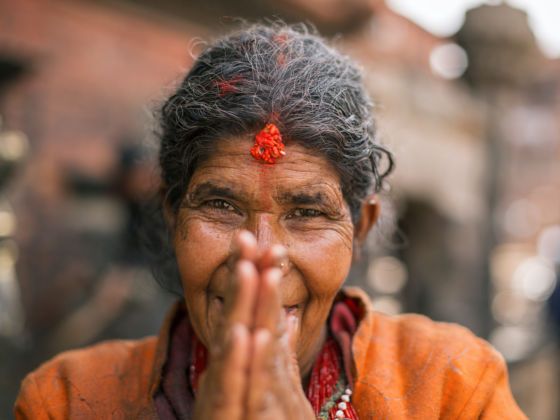THE KITEBOARD LAUNCHED high into the air, its rider twisting with agile grace to make the landing. Watching from shore, I lamented on my lack of youth, ability, and iffy knee from an old injury.
Imagine my surprise when the kiteboarding master finally landed on the sandy beach and removed his helmet and wetsuit to reveal a man easily my father’s age. Once again, life on the road was teaching me a thing or two about “normal” aging.
